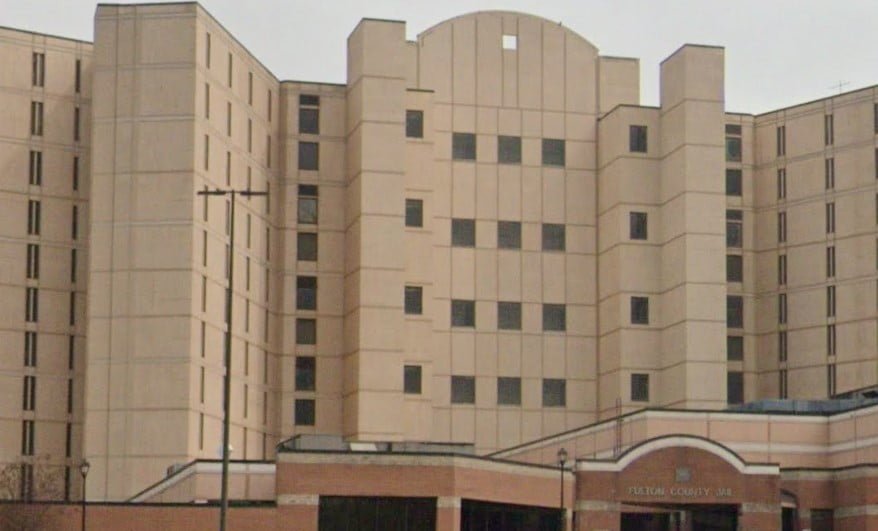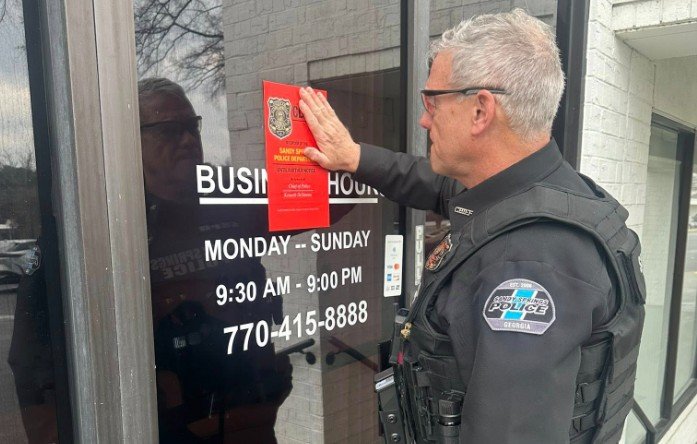Federal Investigation Finds Fulton County Jail Violates Civil Rights, Details Inhumane Conditions

The U.S. Department of Justice (DOJ) and the U.S. Attorney’s Office for the Northern District of Georgia released a scathing 97-page report detailing systemic constitutional and statutory violations at the Fulton County Jail. The findings stem from an investigation under the Civil Rights of Institutionalized Persons Act (CRIPA) and other federal statutes, revealing dangerous conditions, excessive force, and widespread failures in medical care.
Findings Highlight Severe Conditions
The investigation concluded that Fulton County Jail and the Fulton County Sheriff’s Office failed to meet constitutional standards in several areas:
- Inmate Violence: From 2022 to the present, six homicides occurred in the jail, including stabbings and beatings. More than 300 stabbings involving contraband weapons were reported in 2023 alone.
- Deaths in Custody: At least four suicides occurred over the past four years, including one as recently as April 2024.
- Unsanitary Living Conditions: Inmates were subjected to pest infestations, lack of clean drinking water, and insufficient food, leading to malnourishment and increased risk of disease.
- Excessive Force by Staff: Jail staff were found to routinely use unnecessary and excessive force against detainees, exacerbating the physical and emotional toll on those incarcerated.
- Inadequate Medical and Mental Health Care: Medical services were overwhelmed, leaving detainees without timely or adequate treatment, including for mental health crises.
- Abuse of Restrictive Housing: The report revealed that restrictive housing was often used punitively without due process, disproportionately affecting detainees with mental health issues. Even 17-year-olds were subjected to harmful conditions in violation of their constitutional rights.
Case Spotlight: Lashawn Thompson
The death of Lashawn Thompson, who died in custody in 2023 amid allegations of neglect, was cited as a symptom of the jail’s broader systemic issues. Thompson’s death drew national attention when reports revealed he was found unresponsive in a cell infested with pests, with severe neglect contributing to his death.
Legal and Systemic Failures
The investigation found that the jail’s practices violated the Eighth and Fourteenth Amendments to the U.S. Constitution, which protect individuals from cruel and unusual punishment and ensure due process of law.
Assistant Attorney General Kristen Clarke of the DOJ Civil Rights Division emphasized the severity of the findings, saying, “Detention in the Fulton County Jail has amounted to a death sentence for dozens of people… These violations defy federal law and must be addressed immediately.”
Next Steps for Reform
Federal investigators have provided Fulton County with specific recommendations for reform, including improvements to staffing, medical care, and facility maintenance. However, officials warned that if the county does not act, the DOJ may file a lawsuit seeking court-ordered remedies.
Collaboration and Accountability
Fulton County officials, including Sheriff Patrick Labat, have been notified of the violations and remedial measures required. Sheriff Labat previously highlighted the jail’s capacity issues and pushed for building a new detention facility.
Attorney General Merrick Garland stressed the urgency of reform, stating, “These conditions have persisted far too long, and we are committed to ensuring they are remedied swiftly.”
Background on the Jail
The Fulton County Jail, commonly referred to as “Rice Street,” serves as the primary detention center in Atlanta. The jail currently houses approximately 2,000 detainees but has seen populations exceed 3,000, straining resources. The investigation also covered annex facilities in Marietta, Alpharetta, and Union City.
DOJ’s Authority and Community Impact
Under CRIPA, the DOJ has the authority to seek legal action to address patterns of unconstitutional practices in state and local institutions. The investigation was conducted by DOJ attorneys and Assistant U.S. Attorneys Tiffany Johnson, Aileen Bell Hughes, and Rebeca Ojeda.
Community leaders and advocates have long called for changes to the Fulton County Jail, citing its history of overcrowding, neglect, and violence. Federal intervention is seen as a critical step toward addressing these systemic issues.
Public Accountability
The DOJ urges Fulton County to collaborate on reforms and address the grave violations identified in the report. Community members and advocacy groups are encouraged to monitor the implementation of corrective measures to ensure lasting change.






